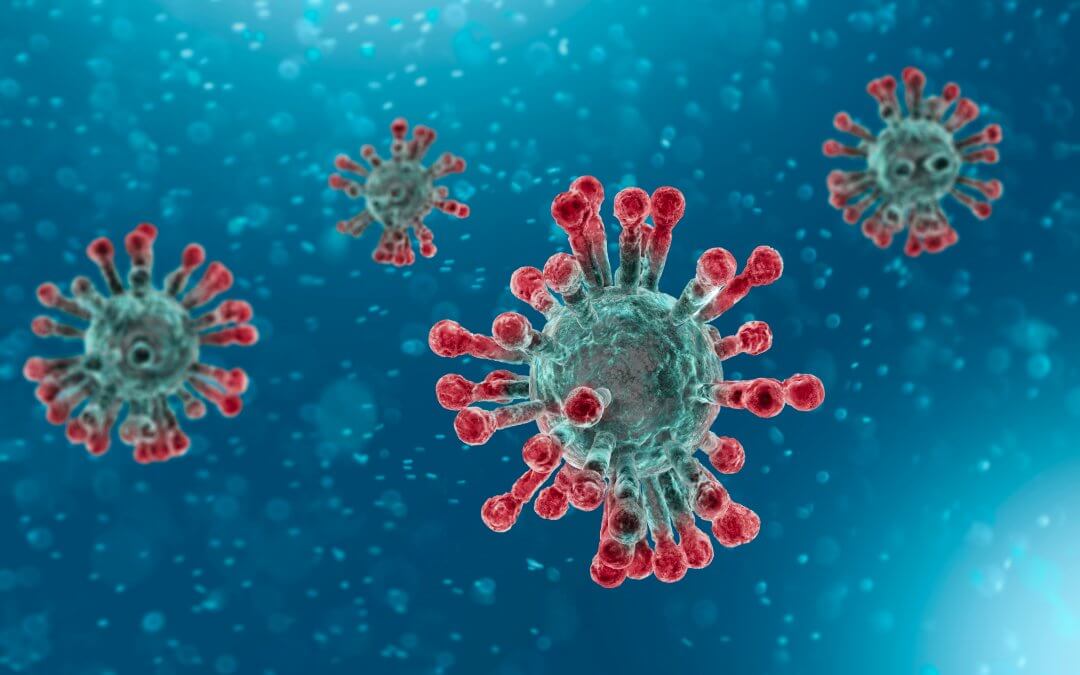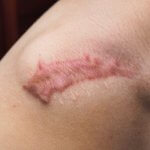The World Health Organisation (WHO) has declared Coronavirus (aka COVID-19) a “public health emergency of international concern”. With the number of cases continuing to increase and no vaccine or specific antiviral treatment currently available, finding a safe and effective therapeutic approach to treat patients infected with the virus has become priority.
Could umbilical cord stem cells be the answer to stopping this infectious disease?
Three new clinical studies have emerged on clinicaltrials.gov, which are investigating the potential use of umbilical cord stem cells in the treatment of patients infected with the new COVID-19 virus.
These studies are part of a larger effort of more than 80 new clinical trials which are trying to tackle the fast spreading virus. These studies are primarily focused on the use of mesenchymal stem cells (MSCs) in the treatment of the disease.
Why mesenchymal stem cells?
Mesenchymal stem cells (MSCs) are a type of cell that can differentiate into a variety of cell types. Indeed, this is why these cells are considered fundamental for regenerative therapies and tissue engineering.
Umbilical cord tissue is particularly rich in these cells which is why many parents are choosing to store them at birth.
In recent years, scientific research has shown that MSCs have properties that may make them very useful for infections:
- exert strong anti-inflammatory and immune regulatory functions
- the unique ability to travel to damaged tissues
- promote the regeneration and repair of damaged tissues
- and reduce tissue damage.
Request a Welcome Pack
Find out more about cord blood banking by downloading a Welcome Pack now.
Why umbilical cord mesenchymal stem cells for COVID-19?
COVID-19 is a virus that causes respiratory disease and in serious cases it can lead to pneumonia.
Studies in mice have demonstrated that the anti-inflammatory effects of MSCs and their ability to reduce virus-induced lung injury and mortality. The use of MSCs in these studies have helped to effectively reduce the levels inflammation as well as the number of inflammatory cells that enter the lungs after contracting a disease such as pneumonia, which may be beneficial in COVID-19 cases.
New clinical trials are investigating the safety and efficiency of Human Umbilical Cord Mesenchymal Stem Cells (UC-MSCs) therapy for severe pneumonia patients infected with COVID-19.
It is hoped that these stem cells will help to repair damaged tissues in the patients’ respiratory system and promote faster healing and recovery.
The UC-MSCs will be administered through an intravenous (IV) infusion, which is delivered directly into the patient’s vein. These patients will be evaluated during the 90 days to 96 weeks following the stem cell treatment.
What is COVID-19?
Coronaviruses (CoV) belong to a large family of viruses causing respiratory illnesses, ranging from the common cold to more severe diseases such as Middle East Respiratory Syndrome (MERS-CoV) and Severe Acute Respiratory Syndrome (SARS-CoV).
Earlier this year, a new strain of coronavirus was discovered, which has not been previously identified in human beings, also known as a novel coronavirus (nCov). The World Health Organisation announced the disease’s official name on 11th February 2020: coronavirus disease 2019 (COVID-19).
The outbreak began in a Chinese seafood market in the city of Wuhan, which is located in Eastern China and has a population of over 11 million. Since the first reports of COVID-19 cases on December 31, 2019, there has been over 72,000 cases in mainland China, affecting an estimated 760 million people. A further 2,246 cases and 31 deaths have been reported globally.
Symptoms of coronavirus include respiratory symptoms, fever, cough, shortness of breath and breathing difficulties. More severe cases of COVID-19 can cause pneumonia, severe acute respiratory syndrome, and kidney failure. These symptoms can be particularly dangerous for elderly patients or people with existing health conditions.
The World Health Organisation has warned that the window of opportunity to contain COVID-19 is “narrowing”, with more recent outbreaks taking place in Italy and Iran. The need for safe and effective treatments for the infectious disease is essential to try and stop further spreading of the virus.
The Medicines and Healthcare products Regulatory Agency (MHRA) are working closely with the Department of Health & Social Care (DHSC) in the global response to COVID-19. The agency authorises and inspects clinical trials of new medicines in the UK and “are on stand-by to ensure that applications relating to COVID-19 are dealt with swiftly”.
It is hoped that the recently emerged clinical trials using umbilical cord mesenchymal stem cells to treat the disease may provide a breakthrough in treating COVID-19 and prevent it from being declared a pandemic.
References
- clinicaltrials.gov (2020) “Mesenchymal Stem Cell Treatment for Pneumonia Patients Infected with 2019 Novel Coronavirus”, U.S National Library of Medicine, accessed 24 February 2020, available at:
https://clinicaltrials.gov/ct2/show/NCT04252118 - clinicaltrials.gov (2020) “Study of Human Umbilical Cord Mesenchymal Stem Cells in the Treatment of Novel Coronavirus Severe Pneumonia”, U.S National Library of Medicine, accessed 24 February 2020, available at:
https://clinicaltrials.gov/ct2/show/NCT04273646?term=stem+cells&cond=Corona+Virus+Infection&draw=2 - clinicaltrials.gov (2020) “Umbilical Cord(UC)-Derived Mesenchymal Stem Cells(MSCs) Treatment for the 2019-novel Coronavirus(nCOV) Pneumonia”, U.S National Library of Medicine, accessed 24 February 2020, available at:
https://clinicaltrials.gov/ct2/show/NCT04269525?term=stem+cells&cond=Corona+Virus+Infection&draw=2 - gov.uk, (2020) “MHRA update on novel coronavirus (COVID-19), accessed 24 February 2020, available at:
https://www.gov.uk/government/news/mhra-update-on-novel-coronavirus-covid-19 - Nagamura-Inoue & Haiping He (2014) “Umbilical cord-derived mesenchymal stem cells: Their advantages and potential clinical utility”, World Journal of Stem Cells, accessed 24 February 2020, available at:
https://www.ncbi.nlm.nih.gov/pmc/articles/PMC3999777/ - Paul Knoepfler, (2020) “COVID-19 stem cell trials pile up during novel coronavirus outbreak”, IPSCELL, accessed 24 February 2020, available at:
https://ipscell.com/2020/02/covid-19-stem-cell-trials-pile-up-during-novel-coronavirus-outbreak/ - The Lancet, (2020) “COVID-19: fighting panic with information”, Editorial, accessed 24 February 2020, available at:
https://www.thelancet.com/journals/lancet/article/PIIS0140-6736(20)30379-2/fulltext - World Health Organisation, (2020) “Coronavirus”, Health Topics, accessed 24 February 2020, available at:
https://www.who.int/health-topics/coronavirus









